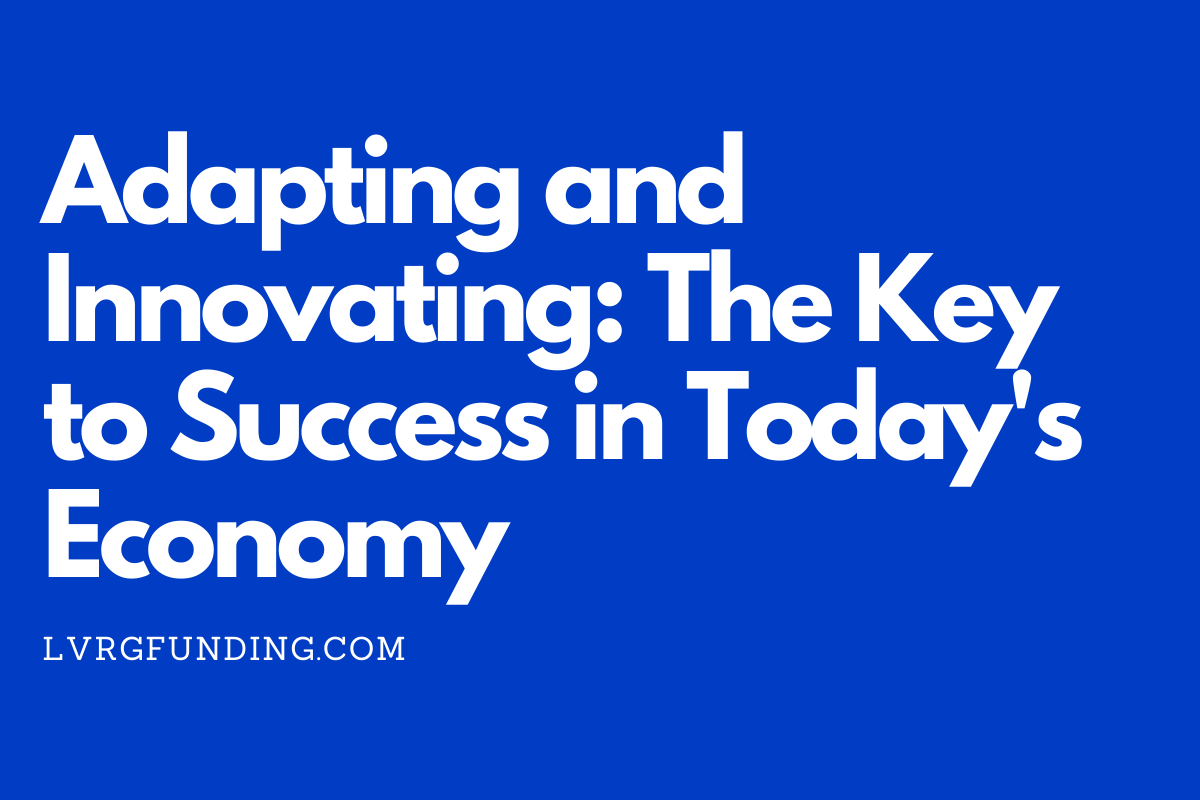LVRG Funding: Your Trusted Partner When Bank Financing Falls Short
If you own an established business and find yourself in need of capital, but traditional bank financing seems out of reach, don't be disheartened. At LVRG Funding, we understand the struggles that small business owners like you encounter, and we're here to provide the solution you've been searching for.
Bypass the Bank: Turn to LVRG Funding
Many business owners with successful ventures encounter obstacles when seeking additional funds through traditional bank financing. Banks often have rigid requirements, making it difficult for well-established businesses to qualify. But don't worry – LVRG Funding excels at supporting entrepreneurs in just this situation. We understand that your business's growth and success call for flexible and accessible financial solutions.
Why Choose LVRG Funding?
LVRG Funding stands out as a reliable and innovative funding source, committed to helping businesses like yours thrive. Here are a few reasons why partnering with us is a wise decision:
1. Extensive Experience: With years of experience in the industry, we have honed our expertise in understanding the unique financial needs of established businesses. Our team's knowledge and insights will help guide you toward the best funding solution. We’ve funded over 10,000 small businesses spanning the last 15 years.
2. Tailored Funding Options: We recognize that different businesses require different financing strategies. Whether you need working capital, equipment financing, expansion funds, or lines of credit, we offer a range of funding options to meet your specific requirements.
3. Flexible Eligibility Criteria: At LVRG Funding, we believe in empowering entrepreneurs rather than limiting their potential. We take a holistic approach, considering various aspects beyond credit scores and collateral, giving your application a fair chance at approval.
4. Fast and Efficient Process: Time is of the essence when it comes to business funding. Our streamlined application process ensures minimal paperwork and quick turnaround times. You can expect a timely response, allowing you to make crucial decisions without unnecessary delays.
5. Transparent and Fair Terms: No hidden fees or surprises await you at LVRG Funding. We are committed to open communication and clarity throughout the funding process. You'll know exactly what you're entering into, enabling you to plan and budget effectively.
6. Personalized Support: As a valued partner, you can expect personalized attention from our dedicated team. We believe in building relationships based on trust and mutual success, and we will be with you every step of the way, offering guidance and support as you grow your business.
Don't Let Bank Financing Limit Your Potential
If you're an established business owner seeking capital but facing roadblocks with traditional bank financing, LVRG Funding offers an alternative you can rely on. Our flexible eligibility criteria, customized funding options, and commitment to exceptional service make us the partner you need to propel your business forward.
Contact LVRG Funding today and let us help you overcome the obstacles, unlock your true potential, and take your business to new heights.





